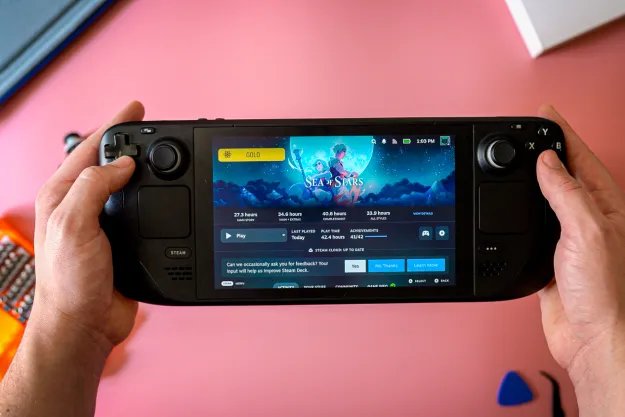If you’ve been looking for loose change under your sofa cushions and on the sidewalk to scrape up enough money to buy the latest games, it looks like there’s one you can safely cross off your list. Homefront: The Revolution is out today, and the reviews are far worse than those of its predecessor.
Writing for Polygon, Russ Frushtick says that Homefront‘s missions are “dull” and it’s full of “familiar side objectives that rely on mindless shooting and bad first-person platforming.” Given the worries we had before that the game was simply a grittier, urban Far Cry, this isn’t a good sign.
Frushtick was also less than impressed with the game’s setting, saying that there is “just one area in the game that doesn’t look dilapidated, and it’s quickly replaced by a bland, foggy expanse that looks like it just survived a nuclear attack.”
IGN‘s Jon Ryan was even less positive, calling the story “terrible,” with each narrative twist made painfully obvious and an “underwhelming finale.” He also lamented the large number of bugs (and not rubber duckies) that affected framerate, enemy spawning, and checkpoints, as well as a save system that could leave you with no choice but to restart the entire game if things get too goofed up.
Slightly more positive was GamesRadar‘s Leon Hurley, who says that the game “manages to be entertaining without ever completely delivering on its open world warfare potential.” He adds that weapons don’t “feel ‘right’,” a problem that we saw mentioned several times when users were discussing the game’s beta.
Given the track record of the team at Deep Silver Dambuster (almost all of them were previously employed at Crytek U.K.), these reviews are saddening. Hopefully the team will be able to work on an original IP next.
Homefront: The Revolution is now available on Xbox One, PC, and PlayStation 4.
Editors' Recommendations
- You can play this 2018 open-world hit for free if you have PlayStation Plus
- Can you fix the Fortnite servers not responding error?
- Unicorn Overlord romance guide: all characters you can marry
- Can you play the Nintendo Switch Lite on a TV?
- I reviewed Suicide Squad: Kill the Justice League. Here’s why I think it can still be saved


